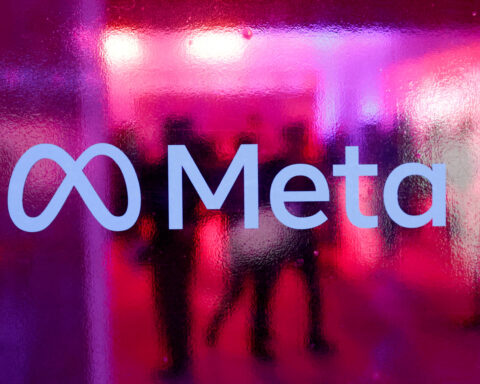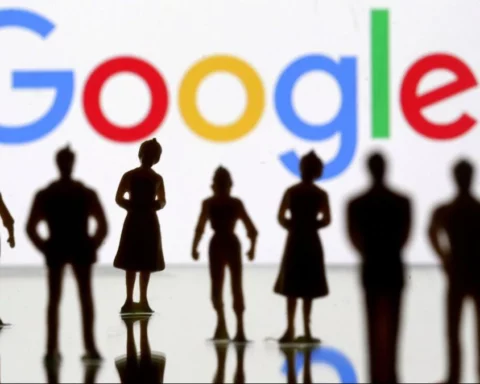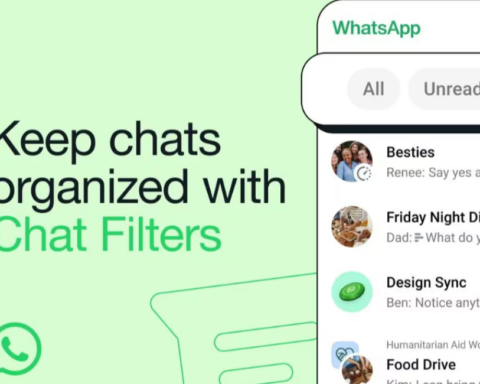Facebook Inc will no longer let users send and receive private messages within its main smartphone app, and will require that users install a separate messaging app, the Internet company said on Wednesday.
Facebook began notifying users in France, England and several other European countries on Wednesday that beginning in a couple of weeks they will need to install the company’s standalone Messenger app in order to send and receive messages.
Facebook plans to eventually require that users in all countries install the Messenger app, spokesman Derick Mains said, though he could not provide a specific timeframe for the change.
The move is intended to ensure that users have a consistent and high-quality experience, a Facebook spokesman told Reuters. The free, standalone Messenger app is faster than the messaging service that’s currently built into Facebook’s primary mobile app. Facebook users can also access more features in the Messenger app, such as the ability to make voice phone calls.
“We have built a fast and reliable messaging experience through Messenger and now it makes sense for us to focus all our energy and resources on that experience,” the company said in a statement.
Facebook faces increasing competition from a new crop of fast-growing mobile messaging apps, such as Snapchat and Line. It stunned observers by announcing plans in February to buy the popularWhatsApp messaging app for $19 billion.
Forcing users to install a separate messaging app on their phones could help boost the popularity of Facebook Messenger, but could also cause a backlash if consumers view Facebook’s move as heavy-handed. A post on the technology blog Mashable on Wednesday was titled “11 Reasons why Pulling Messenger From Facebook Mobile is a Terrible Idea,” and many people took to Twitter to post critical comments about the change.
Facebook, the world’s No.1 social networking service with 1.2 billion users, has increasingly moved to develop a catalog of standalone apps to complement its main app. In January, Facebook launched Paper, a photo-heavy news-reading app that has earned positive reviews.
Facebook also acquired photo-sharing app Instagram in 2012 and announced plans to buy WhatsApp, which has more than 450 million users. News of the change in Facebook’s messaging service was first reported by the technology blog TechCrunch on Wednesday.









